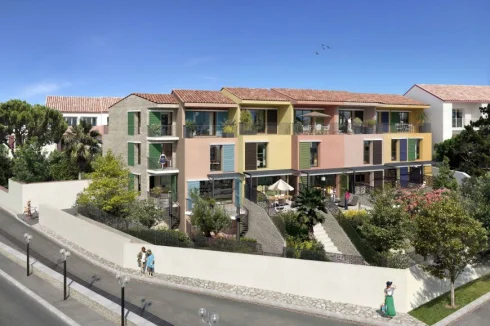What Future for Auto-Entrepreneurs ?
Tuesday 03 July 2012
The new French government has signalled that they intend to review the auto-entrepreneur business status.
In an recent statement made to a conference of the Artisans de France the Minister of Trades Sylvia Pinel stated that the status “led to the creation in some sectors, notably trade and commerce, of unfair competition with the professionals who are subject to different social security, tax rules and standards.”
The Minister did not give any indication of what changes are proposed, and the issue is now to be the subject of a detailed review, including consultation with the various professional bodies.
It is far from clear that there will be any major changes, and abolition of the status has certainly been ruled out.
One possible modification is that the status will be time-limited, possibly to a maximum of three years duration.
The decision to undertake the review is based on no more than a few utterances by the newly elected President François Hollande during the election campaign, when he expressed concern about potential ‘limits’ and ‘excesses’ of the status.
There is no express statement in his manifesto to changing the regime.
Commenting on the statement by the Minister, Grégoire Leclerc, president of the auto-entrepreneurs association, stated that, "We are stunned and disappointed" by the announcement.
Since the creation of this new business status in 2009 over 1 million auto-entrepreneurs have set up business, although the number includes some existing business owners who have opted for it.
Today, around 50% of all new business start-ups in France are established using this model.
One of benefits of the status is the easy administrative formalities, as setting up as an auto-entrepreneur can be accomplished in a few minutes over the internet. The on-going accounting formalities are also minimal.
Some may perceive the status to be financially advantageous, but a government study into the issue, comparing the different tax regimes, did not come to this conclusion.
Indeed, in some cases, particularly where substantial investment is involved, or actual loses are being incurred, the status is a positive disadvantage.
In addition, contrary to what the Minister may have implied, all auto-entrepreneurs are obliged to meet any entry requirements for the business, and must also comply with relevant standards and regulations of the sector in which they are operating.
So any financial advantages that may exist may only do so for certain auto-entrepreneurs, and then perhaps only at the margin. These advantages include an exemption from business rates for three years, and the absence of a minimal level of ‘cotisations’ as the regime is 'pay as you earn'.
Nevertheless, this has not stopped a very high profile campaign by the artisanal professions, notably from the building sector, from complaining that the status grants unfair competition to those who adopt it.
According to Alain Griest, president of the Chambres de Métiers de l'Artisanat, the status "allows, without any real constraints, to legalize illegal labour, and provides specific benefits that create real distortions of competition."
Around 45% of all new auto-entrepreneurs enter the building and construction sector but their turnover is only around 1% of the total turnover of the sector.
Thank you for showing an interest in our News section.
Our News section is no longer being published although our catalogue of articles remains in place.
If you found our News useful, please have a look at France Insider, our subscription based News service with in-depth analysis, or our authoritative Guides to France.
If you require advice and assistance with the purchase of French property and moving to France, then take a look at the France Insider Property Clinic.





